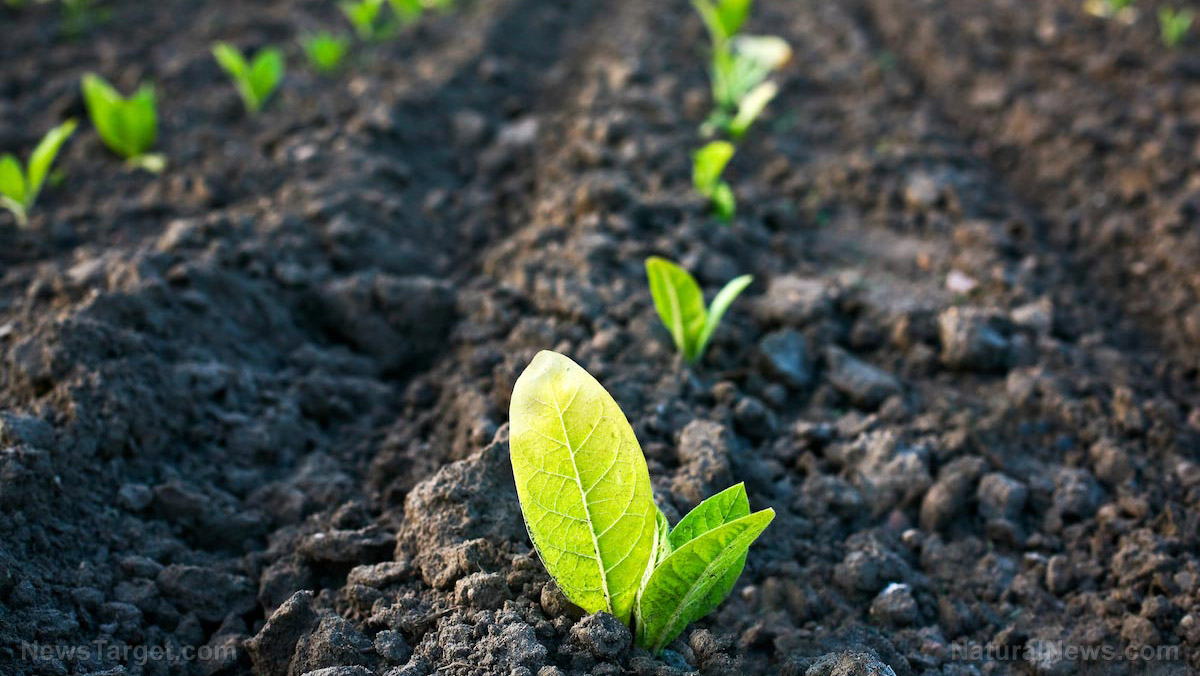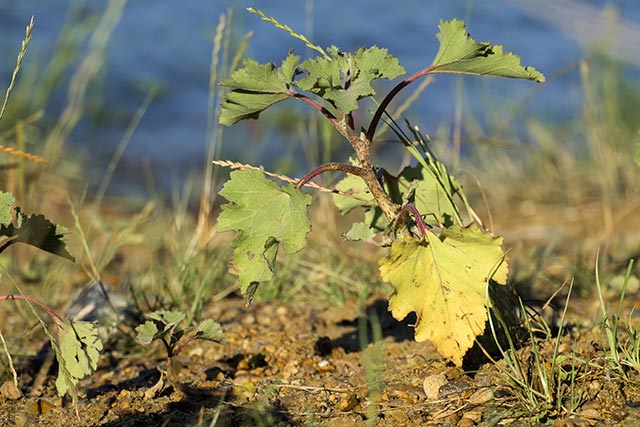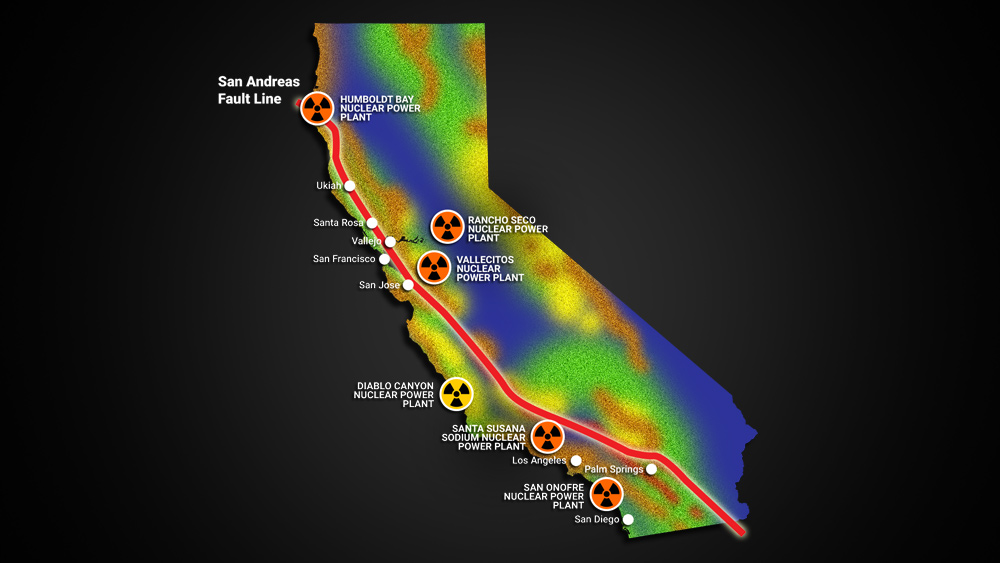Pennsylvania residents speak out against government plans to allow Synagro to spread toxic biosludge across Slate Belt
12/20/2018 / By Ethan Huff

More than 200 local residents living in Pennsylvania’s Slate Belt showed up to a recent public hearing to oppose the proposed construction of a massive “biosolids” plant in their community, citing concerns about the safety of what the plant intends to produce: dried sewage sludge.
Reports indicate that Synagro, a major North American producer of biosolids (also known as biosludge), is desperately trying to win enough support to build a $26 million biosludge production facility in the area. If approved, the facility will take the waste flushed down people’s toilets and convert it into “fertilizer” that will be sold to local farmers and consumers.
Organized by the Pennsylvania Department of Environmental Protection, the hearing offered a platform for those in attendance to speak their minds on the issue – and virtually everyone in attendance was opposed to Synagro’s plans for a biosludge plant.
“I resent that Synagro is trying to ruin that for me and my family, and other people who have been living here a lot longer,” stated Linda Osborne, a local resident who says that the proposed project, known as the Slate Belt Heat Recovery Center, will most certainly harm quality of life in the area.
For more biosludge news, be sure to check out Biosludge.news.
Synagro has been pushing for biosludge facility in Slate Belt for more than two years
Despite mounting evidence that biosludge is contaminated with all sorts of deadly pollutants, Synagro is determined to build a biosludge plant in Pennsylvania – even if doing so means lying about the nature of biosludge.
All of this and more is covered in the groundbreaking documentary film Biosludged, which you can watch for FREE at Biosludged.com.
Numerous public meetings similar to the one recently held at at Wind Gap Middle School have taken place, and Synagro continues to send spokespeople like Pam Racey to spew as much propaganda as deemed necessary to sway the perspectives of locals who remain opposed to the project.
“I am a mother of two kids,” Racey stated at the most recent hearing, obviously trying to appeal to the familial concerns of local residents. “I use the pellets in my garden where I feed my family. The safety of the material is well-documented,” she added, the pellets referring to the end-product that Synagro creates from toilet waste.
EPA admits inability to prove safety of biosolids
But are Racey’s claims about the “well-documented safety” of biosolids true? Not exactly. As we recently reported, the U.S. Environmental Protection Agency (EPA) has never been able to prove the safety of biosolids because it lacks the capacity to properly test what’s in the stuff.
Be sure to check out the official trailer for Biosludged at Brighteon.com below:
While the EPA has identified some 352 pollutants commonly found in biosolids, there are potentially thousands of others that the agency is unable to identify, its website stating that it “cannot yet consider these pollutants for further regulation due to either a lack of data or risk assessment tools.”
Other concerns, at least among those in Pennsylvania’s Slate Belt, have to do with the odors associated with biosludge. While Racey and her employer insist that biosludge has no smell, evidence exists to suggest otherwise.
“When I bake a chocolate cake, there is a smell,” stated Jeanne Blicharz, a resident of Pennsylvania’s Washington Township, at the hearing. “Will there be smells coming from your smokestack when you back your sludge?”
Residents of neighboring communities such as Pen Argyl, Wind Gap, and Lower Mount Bethel Township have expressed similar concerns, urging Plainfield where the proposed plant would be constructed to deny Synagro’s repeated requests for permit approvals.
Sources for this article include:
Tagged Under: Biosludge, Biosolids, deception, Ecology, environ, environment, Environmental Protection Agency, EPA, government, lies, Pennsylvania, poison, sewage, Slate Belt, Synagro, toxic waste, toxins
RECENT NEWS & ARTICLES
COPYRIGHT © 2017 ENVIRON NEWS




















